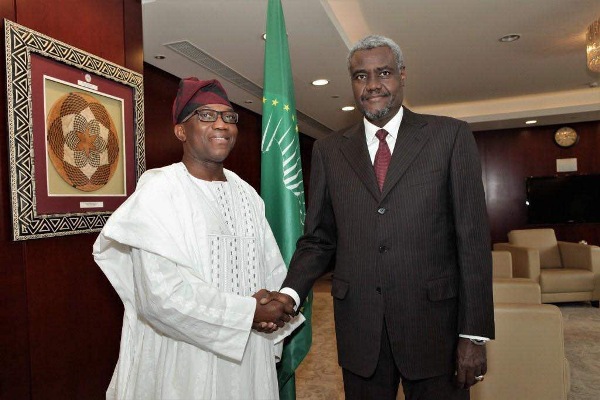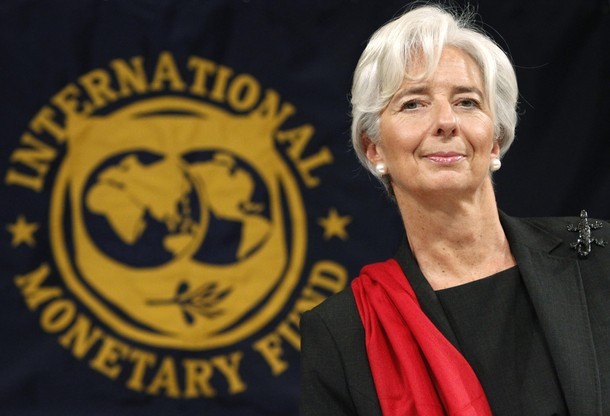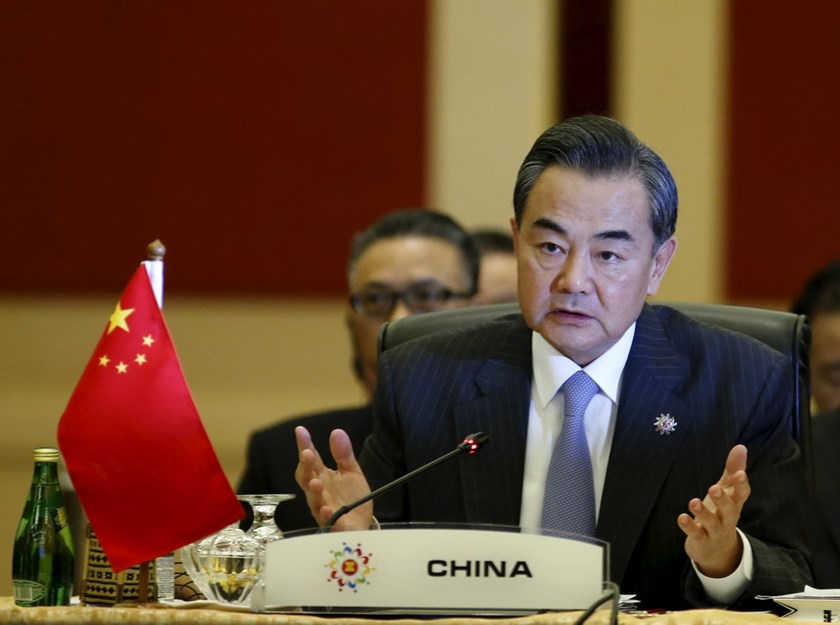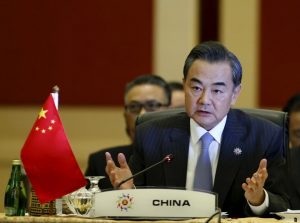There was a “David and Goliath” type court battle last week before the African Court on Human and Peoples’ Rights when Cape Verde and Zambia confronted Nigeria and Uganda over a corruption case instituted by Socio-Economic Rights and Accountability Project (SERAP) before the court.
SERAP had in the suit No. 001/2013 sought an advisory opinion from the African court to decide whether or not “the growing poverty, under-development and grand corruption in Nigeria and elsewhere in Africa amount to violations of the human rights guaranteed under the African Charter on Human and Peoples’ Rights, and if so, whether the citizens of these countries are entitled to bring cases to seek justice before the court.”
SERAP had argued that, “Human rights should not be the preserve of the rich and wealthy, and that human rights contained in the African Charter are not indifferent to the plight of those who live in poverty. Poverty is not just an economic or developmental matter but also a crucial human rights issue, and that poverty is not an inevitable problem but something created, enabled and perpetuated by acts and omissions of States and other economic actors.”
The court, for the first time, clarified its position on advisory opinion requests by NGOs. The court sought the views of African Union members, including Cape Verde, Zambia, Nigeria and Uganda on the matter, and whether SERAP was competent to bring the suit. However, while Cape Verde and Zambia staunchly backed and defended SERAP’s position, Nigeria opposed it. Uganda aligned with Nigeria while Burkina Faso and Burundi did not provide any observations.
The court, agreeing with Nigeria and Uganda, concluded that it had no jurisdiction to render an advisory opinion on the SERAP’s Request. The court said while it agreed that SERAP is an “African organization” under its protocol, the organization does not have an observer status with the AU, and as such, cannot bring the Request for an advisory opinion before it.
Adetokunbo Mumuni, SERAP executive director said: “We thank Cape Verde and Zambia for bringing useful clarity on the correct position of the law on the matter. Unfortunately, the opposition by Nigeria to the case influenced Uganda to take a wrong turn, and effectively turned the court’s decision on its head. Nevertheless, we accept the decision and will pursue an observer status application before the AU.”
Mumuni added, “The Acting President Professor Yemi Osinbajo would do well to urgently instruct the Attorney General of the Federation and Minister of Justice Abubakar Malami, SAN to file a declaration under the court protocol that would now allow individuals and NGOs direct access to the court, if the government is to correct this historic failure of leadership, and show that it’s truly committed to the fight against corruption and promotion of human rights in the country.”
The Cape Verde archipelago, 370 miles (600km) off Senegal, is made up of 10 islands. Around 500,000 people live there.
Cape Verde had argued that, “the Request may, a priori, raise the issue as to SERAP’s legitimacy to make such a Request before the Court. It’s clear that SERAP is a Nigerian NGO whose aim is to promote transparency and accountability in the public and private sectors through human rights. It would appear, then, that SERAP is an African organization, and thus precludes the provisions of Article 4 of the court’s protocol, which stipulates that it must be an intergovernmental organization.”
Cape Verde also argued that, “Our government also believes that SERAP is an organization recognized by the AU, as the organization enjoys observer status before the African Commission on Human and Peoples’ Rights. It would appear reasonable to us to conclude that SERAP is therefore recognized by the AU by virtue of having been granted observer status before an organ established by the Union.”
But Nigeria opposed Cape Verde, arguing that, “SERAP is not an African organization. Also, there’s a clear distinction between the AU and an organ of the AU. Recognition by an organ of the AU is not the same as recognition by the AU. Article 34(6) of the court’s protocol has therefore effectively barred the court from entertaining the request from SERAP, being an NGO registered in Nigeria.”
However, Zambia countered Nigeria’s position by arguing that, “SERAP appears on the list of civil society organizations which have been granted observer status by the [African Union Commission] under the auspices of the AU. This fact implies recognition by the AU. Consequently, SERAP has, for purposes of requesting for advisory opinions of the court, the requisite legal standing.”
Zambia further argued that, “in considering the Request by SERAP, the court must first determine whether or not SERAP is entitled to bring a request before it. Our government concludes that SERAP falls within the category of institutions permitted to request advisory opinion of the African Court, as per Article 4(1) of the court’s protocol, and rule 68(1) of the Rules of Court.”
But Uganda disagreed, aligning itself with Nigeria when it argued that, “SERAP, with due respect, did not show how it has been aggrieved or how the African Charter has been violated. For these reasons, the court is implored to find that there is no need for an Advisory Opinion and thus disallow the request.”
According to Uganda, “SERAP does not qualify as an intergovernmental organization under the court protocol. The court should disallow the Request. The court is not vested with jurisdiction to hear this matter. We invite the court to find that the matter before it needs interpretation of both law and fact.”
The court acknowledged that, “In the exercise of its mandate, SERAP has brought cases, petitions and requests for advisory opinion before the ECOWAS court, the African Commission on Human and Peoples’ Rights and the African Court, against a number of African countries, including, Nigeria, The Gambia and Libya. Therefore, SERAP operates not only in Nigeria, but also within the West Africa region and the continent as a whole, and thus meets the description of an African organization within the meaning of article 4 of the protocol.”
But the court reasoned that, “in describing the African organizations empowered to bring requests for Advisory Opinion before this court, the same Protocol makes reference only to organizations recognized by the AU and says nothing about those recognized by any organ of the AU. Had the authors of the Protocol wanted to also target African organizations recognized by any organ of the AU, they would certainly not have hesitated to make this clear.”
The court added, “Since SERAP does not have observer status before or a Memorandum of Understanding with the AU, it is not recognised by the latter, and therefore it is not entitled to bring a request for advisory opinion before this Court. For these reasons, the Court, unanimously: Declares that it does not have personal jurisdiction to give an opinion on the present Request.”
The court concluded that, “a request for observer status must be submitted to the African Union Commission which then submits it to the Executive Council. It is the Executive Council that is vested with power to grant, suspend or withdraw observer status from an NGO.”
The amicus curiae in the case included the Centre for Human Rights, University of Pretoria, Amnesty International and the Human Rights Implementation Center of the University of Bristol UK. They had also argued that, “the court has jurisdiction to provide advisory opinions on the request of NGOs, such as SERAP, within the meaning of article 4 of its protocol, and this is because SERAP meets all the requirements of the third category of entities that may request for advisory opinion from the court, that is, ‘any African organization recognized by the AU.”





